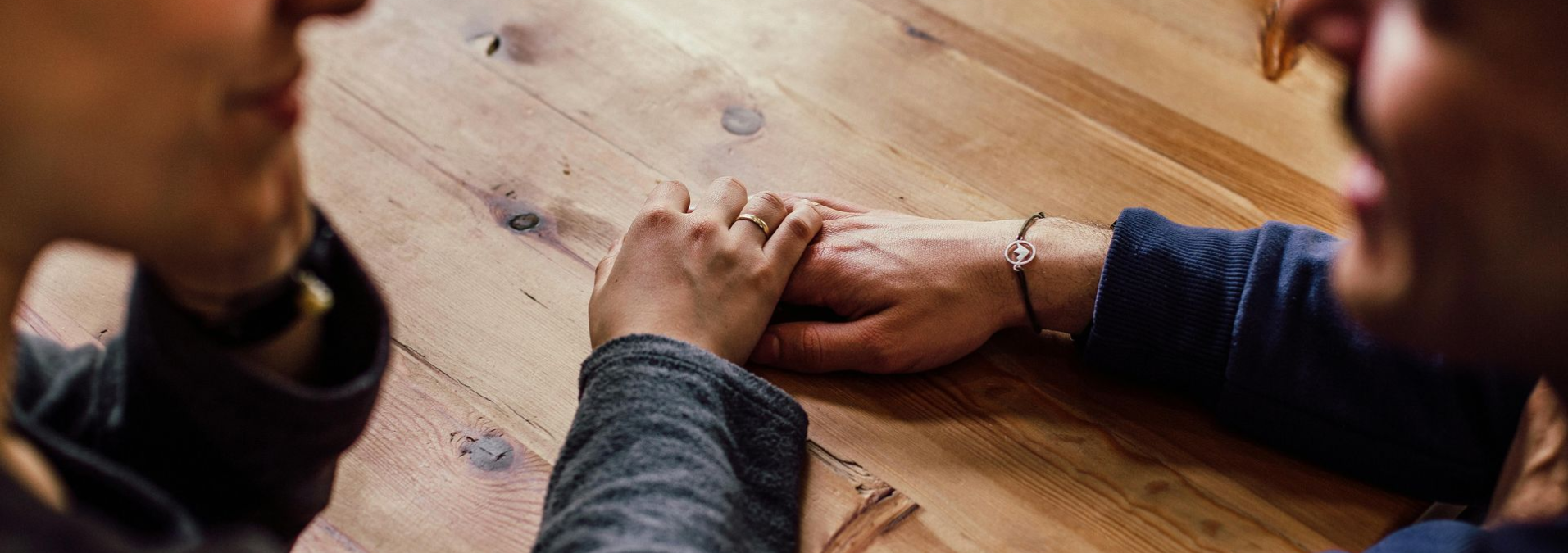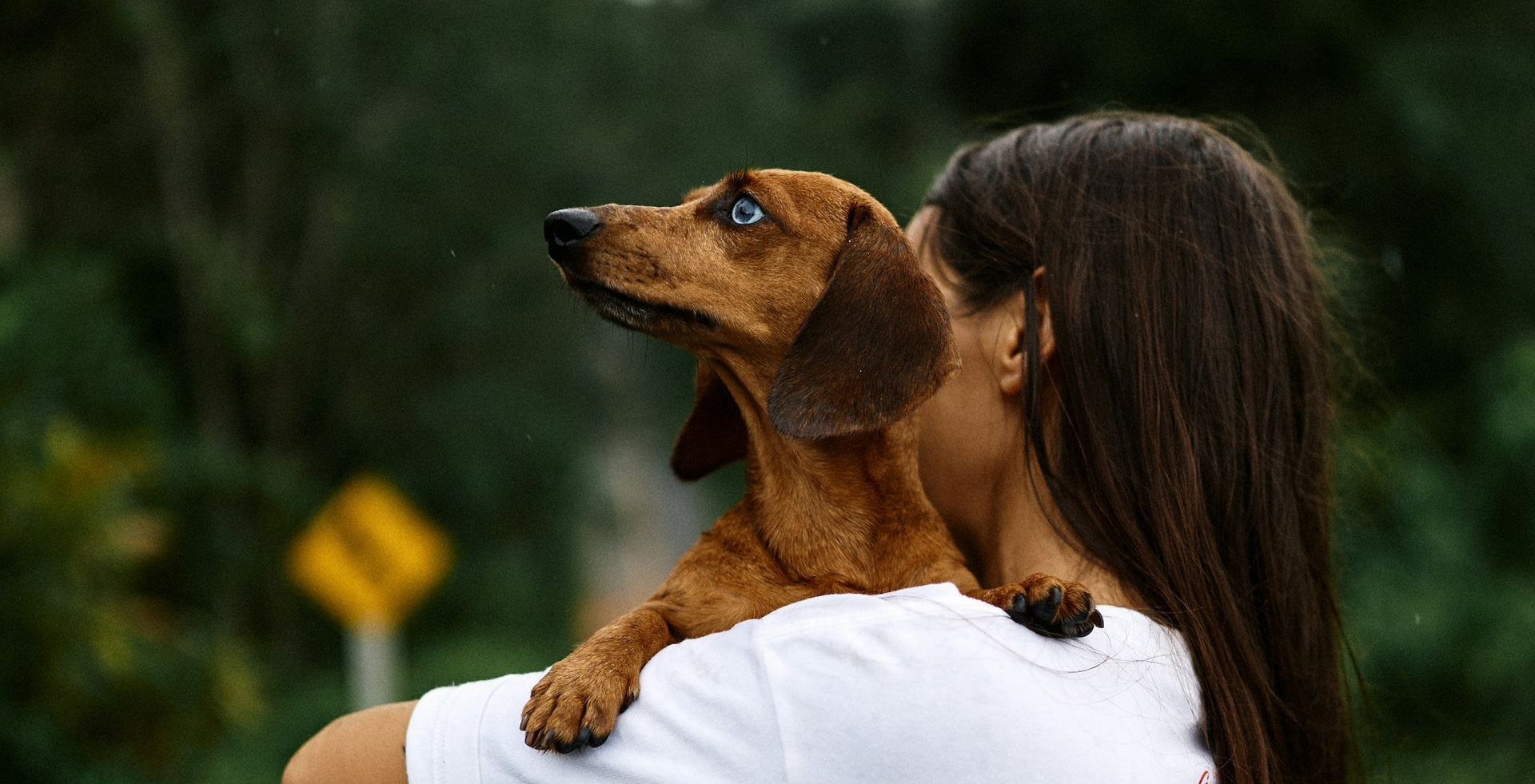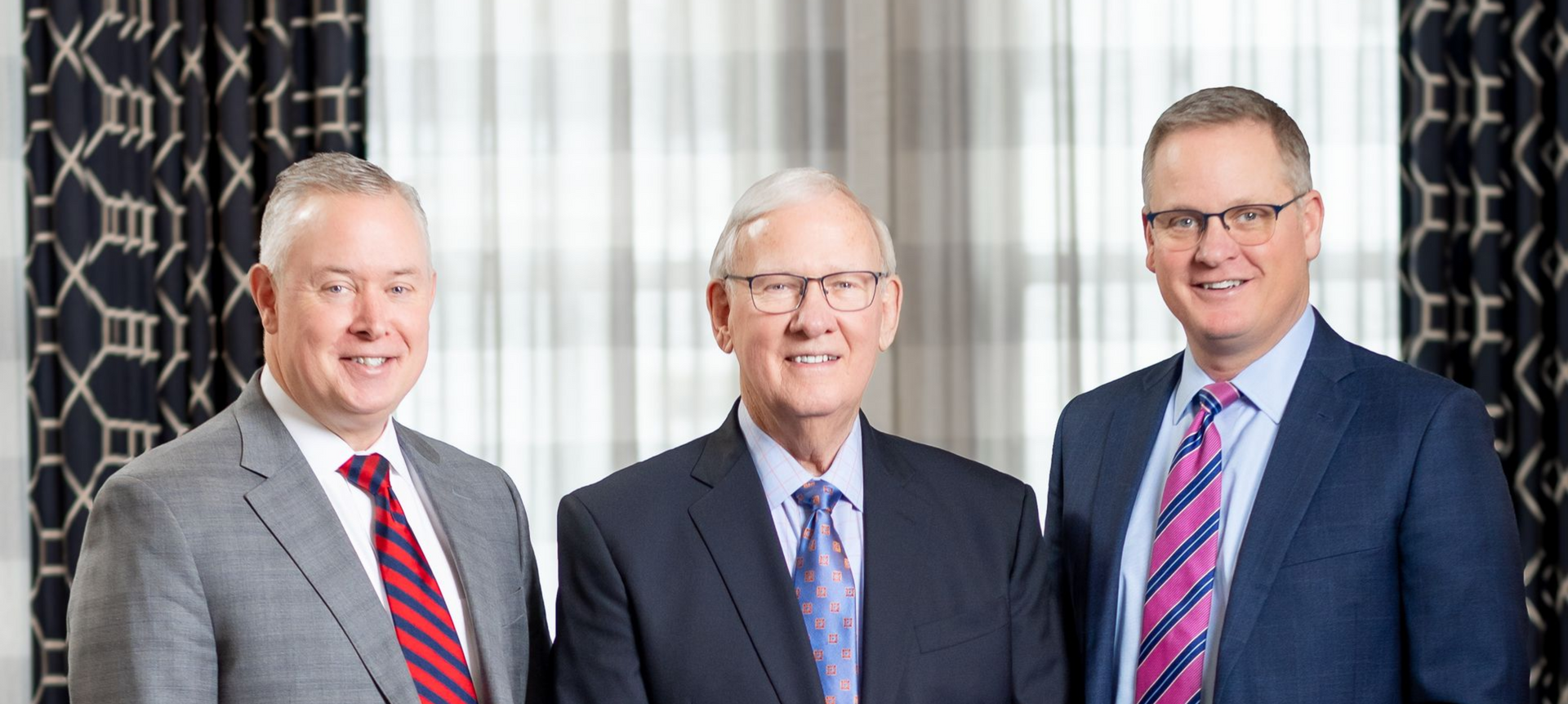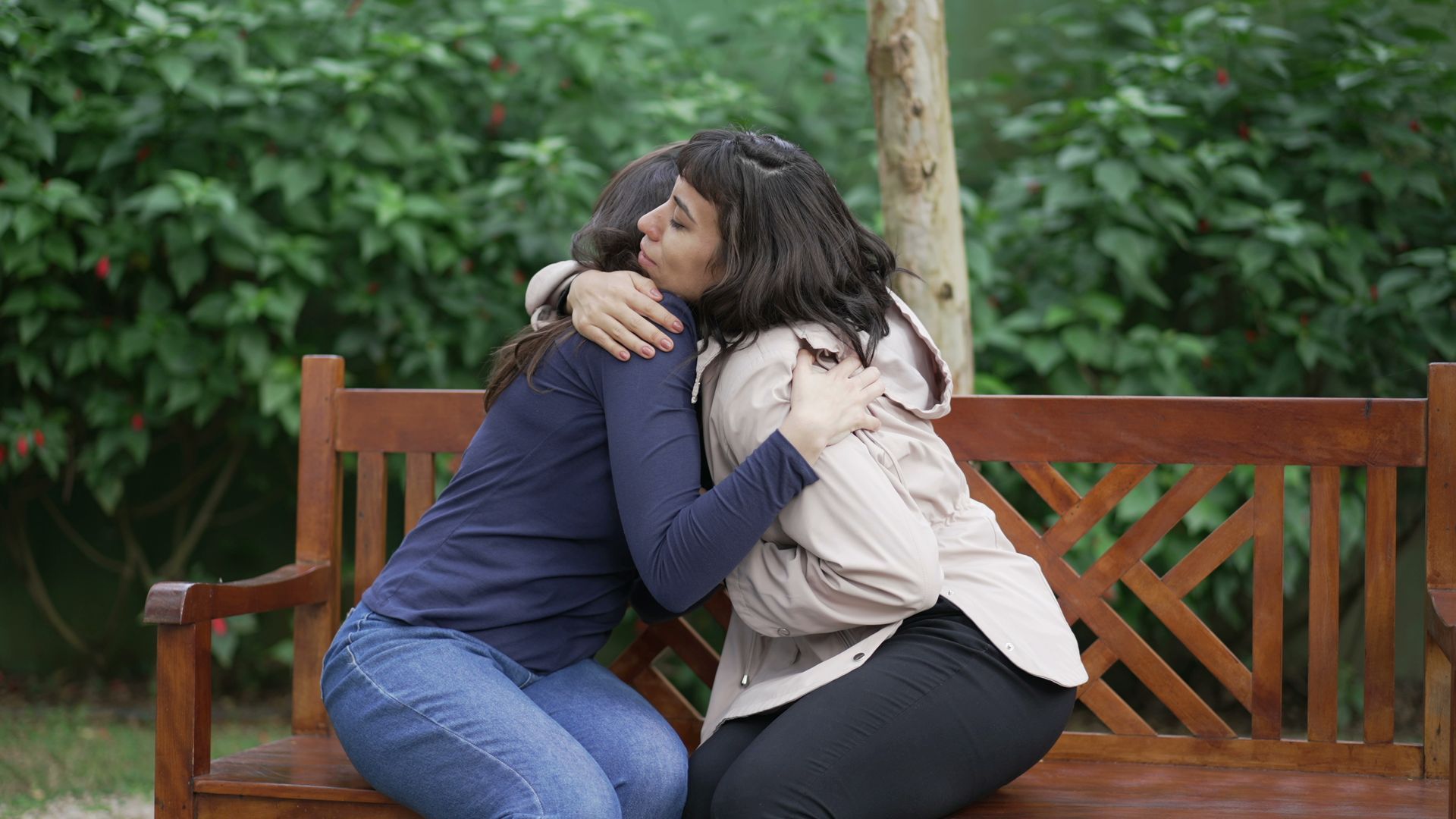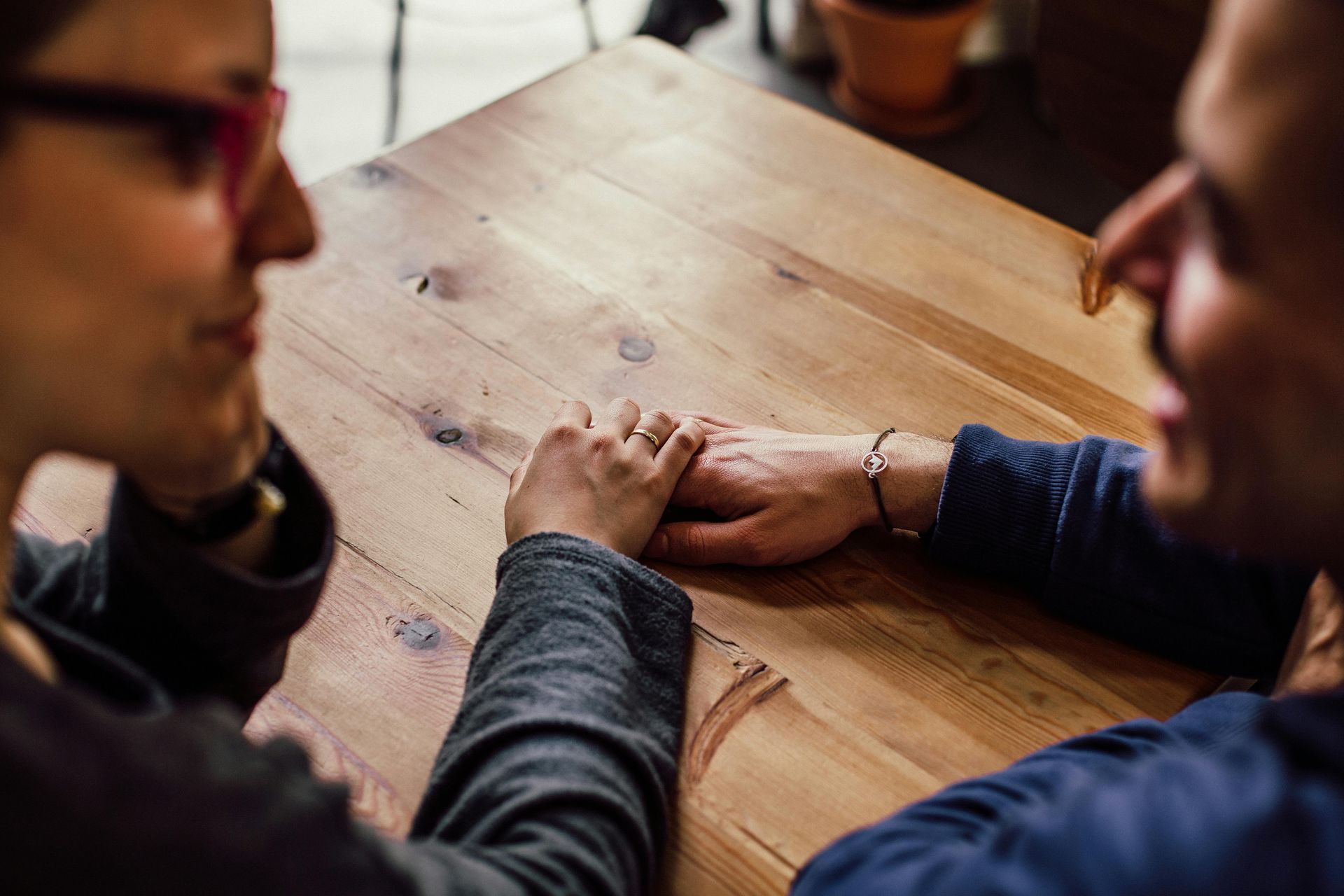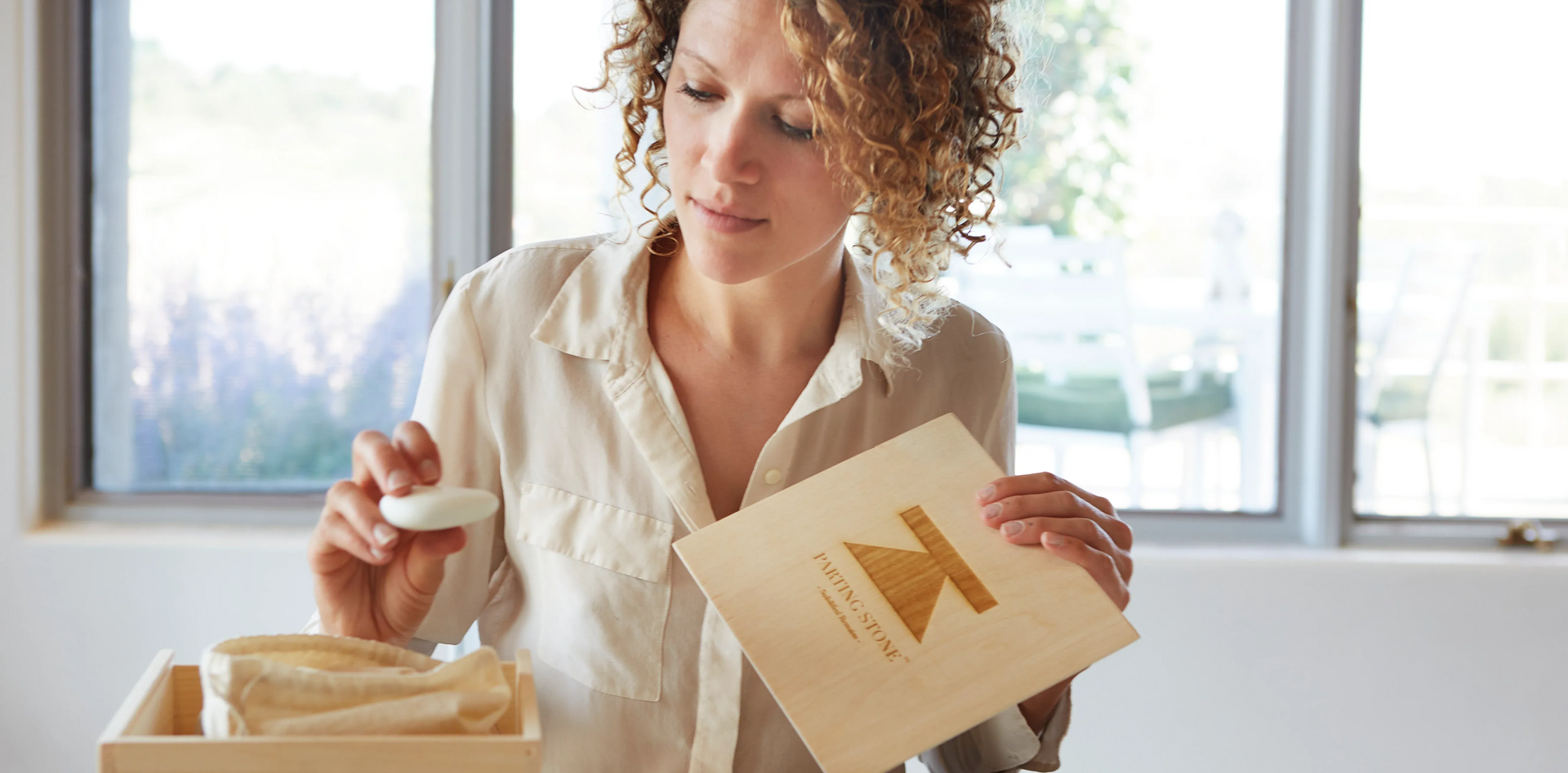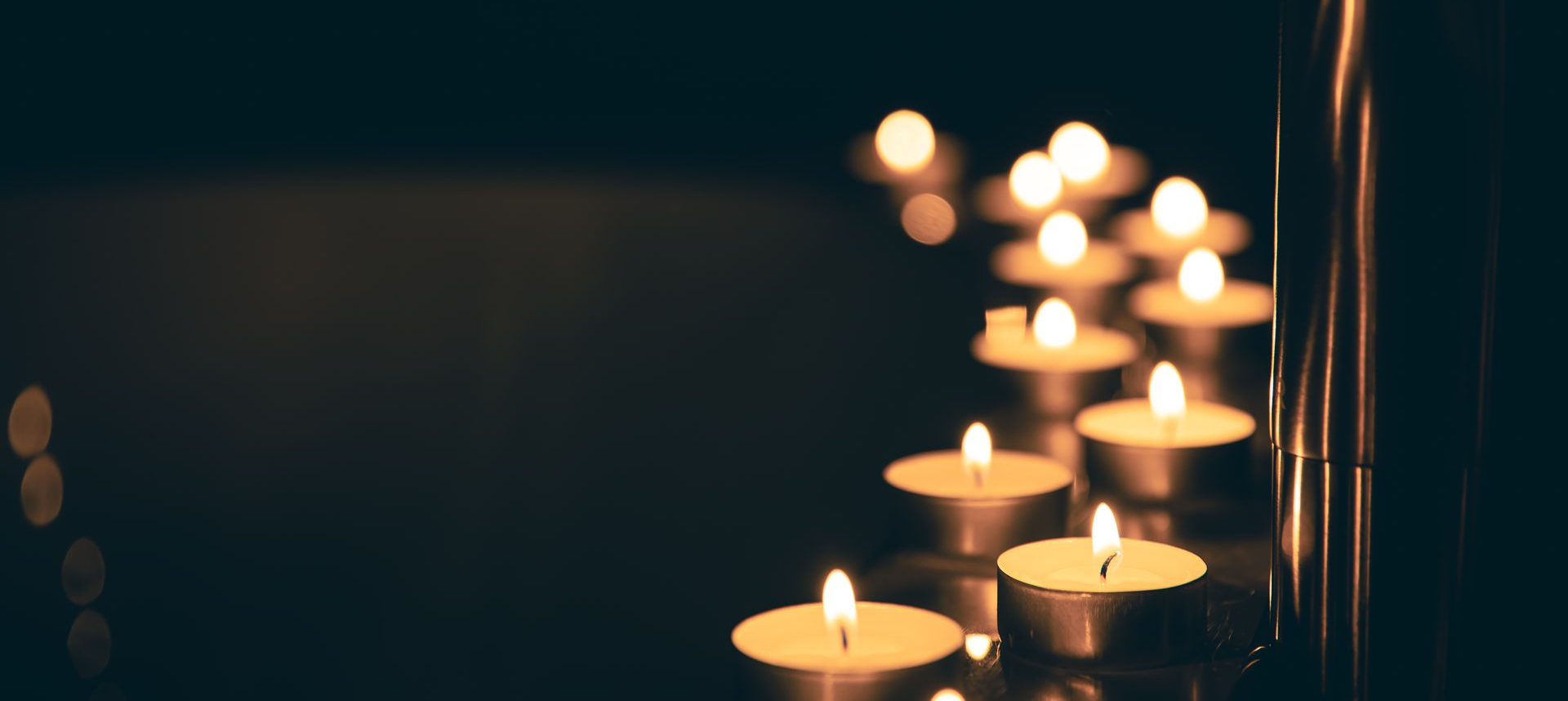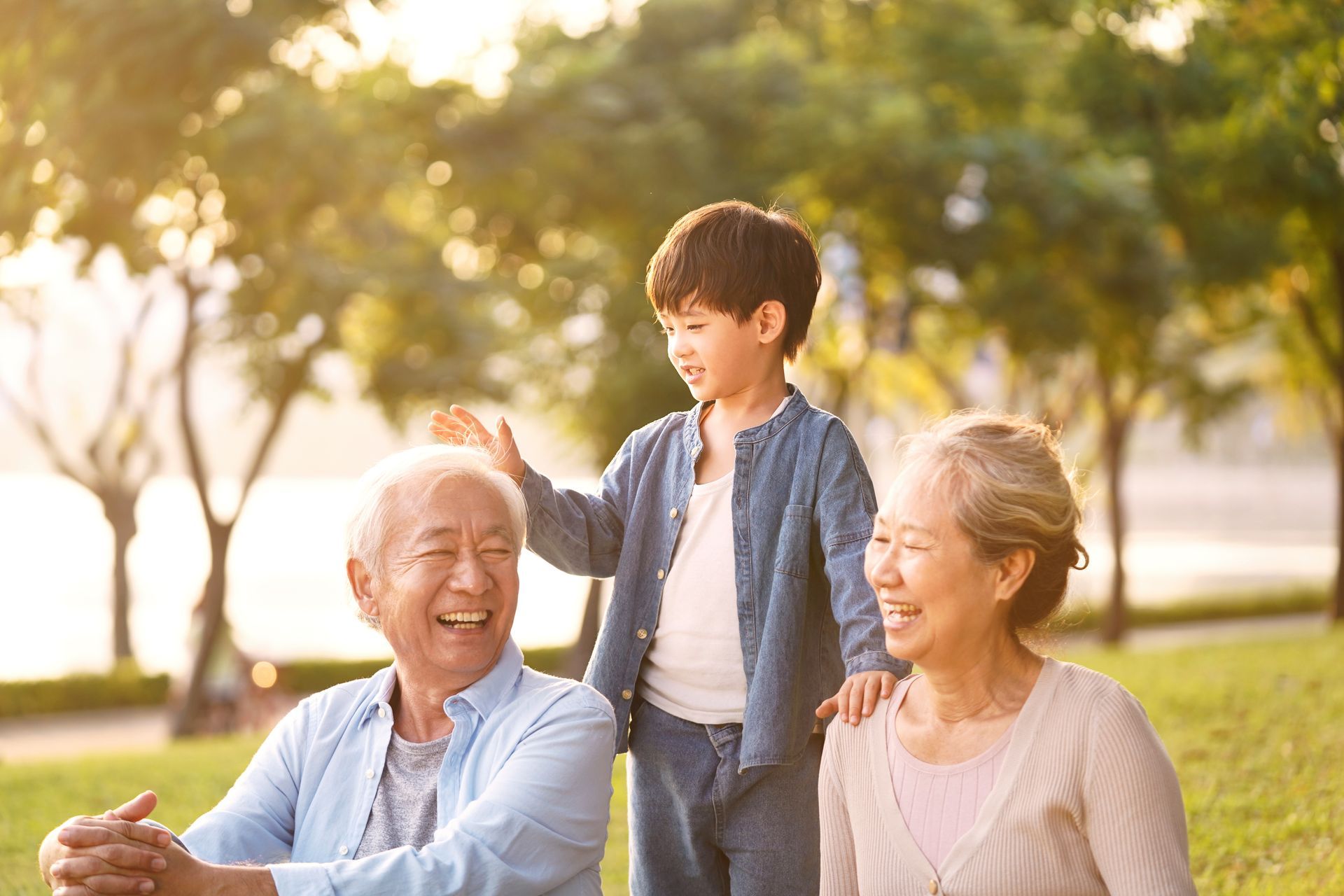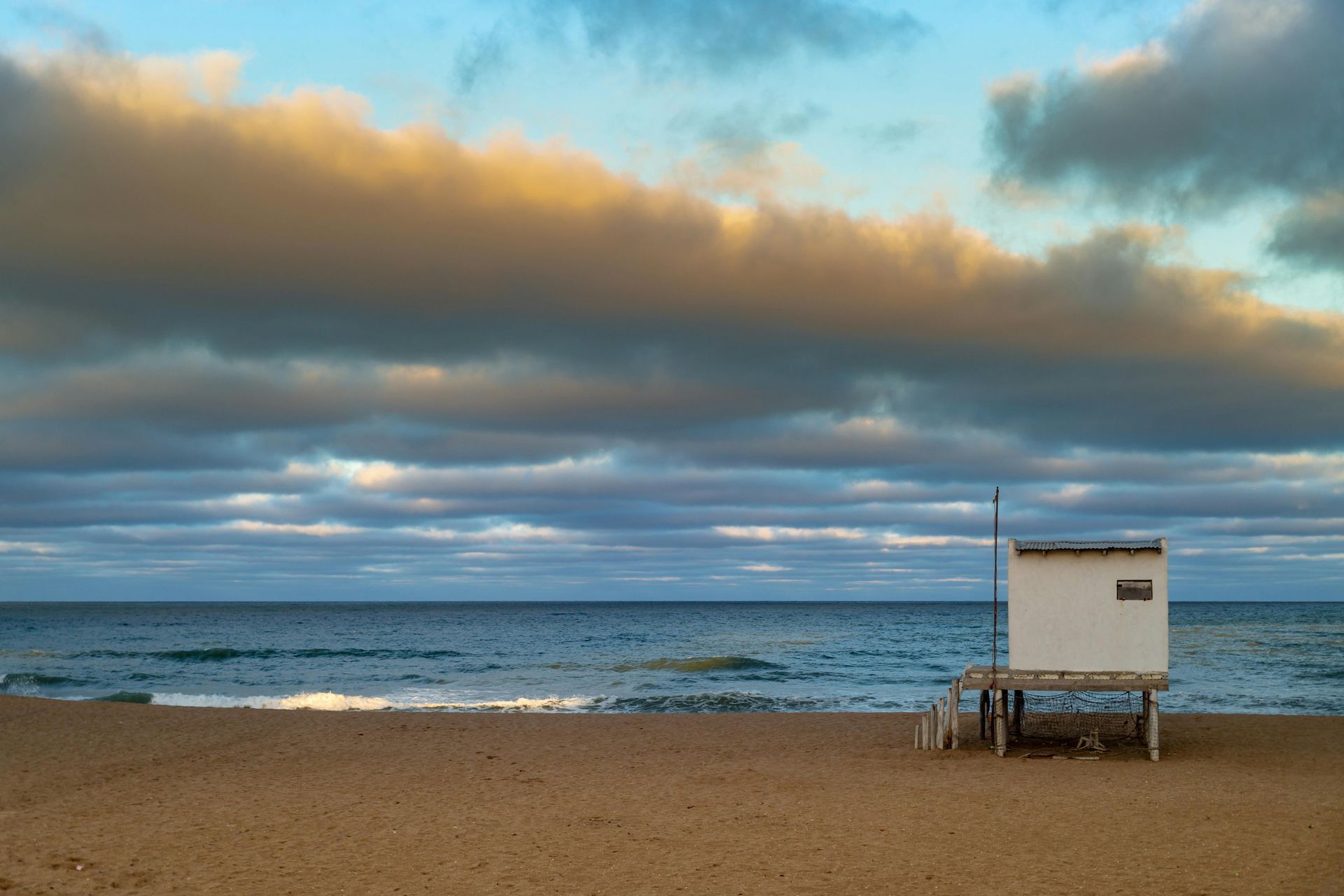Saying Goodbye: Celebrity Deaths in 2017
December 15, 2017The world has mourned the loss of many of its talented stars this past year. We remember celebrities from the world of music, entertainment and television who have passed away in 2017 and take a look at the legacies that they left behind.
The legendary Don Rickles, “Mr. Warmth” himself, performs live on stage in Atlantic City, 2008. Photo credit: Gary Dunaier
Jim Nabors; Chuck Berry; Mary Tyler Moore; Monte Hall; Jerry Lewis; David Cassidy; Della Reese; Roger Moore; Fats Domino; Don Rickles; Ralphie May; Glen Campbell; Erin Moran; Adam West; Greg Allman; Tom Petty; and Martin Landau, among many others, are now gone but certainly not forgotten. Their ground-breaking performances, electrifying music, cathartic comedy and famous faces will live on in the collective memory of society.
Actors of Film and TV
Hollywood lost several bright stars this year, including loveable Jim Nabors, America’s Sweetheart Mary Tyler Moore, child-actor Erin Moran, actor and singer David Cassidy, R&B singer and actress Della Reese, actor and singer Robert Guillaume, Sopranos star Frank Vincent, Cheers actor Jay Thomas, playwright and actor Sam Shepard, oscar-winner Martin Landau, Batman actor Adam West, James Bond actor Roger More and others.
Mary Tyler Moore
Mary Tyler Moore, acclaimed television and movie actress, died on January 25, 2017 at the age of 80. She was regarded as “America’s sweetheart” for her ground-breaking role as Mary Richards on The Mary Tyler Moore Show. She also starred as Laura Petrie on The Dick Van Dyke Show , and as Beth Jarrett in the 1980 movie Ordinary People. Her pioneering role as the single, career-minded Mary Richards was an inspiration to a generation of young women who were also breaking the bonds of female stereo-types and entering the work force. She was also an animal right’s activist and supporter of vegetarianism and diabetes research.
Moore’s private funeral was held at Oak Lawn Cemetery on Bronson Road in Fairfield, CT on Sunday, January 29, 2017. According to the Connecticut Post , long-time fan Debra Capperrune drove 15 hours from her home in Peoria, Ill., to attend the iconic actress’ Connecticut funeral. But the service was private and the cemetery was closed to the public until Sunday afternoon when dozens of people arrived at the gravesite to pay tribute and share thoughts and memories about Moore.
“I didn’t know it (the funeral) was closed,” said Capperrune, who works as a makeup artist. “But it’s OK. I wanted to come and give tribute. I had to get here.”
Music Icons Laid to Rest
The world of music lost several icons this year, including rock ’n’ roll pioneer Antoine “Fats” Domino, singer-songwriter Mel Tillis, guitarist Malcolm Young, musician Tom Petty, country singer Glen Campbell, Southern rock musician Gregg Allman, father of rock ’n’ roll Chuck Berry, R&B musician Joni Sledge, jazz singer Al Jarreau, among other greats.
Fats Domino and Chuck Berry
The world lost two of the early pioneers of rock ‘n’ roll this year. Fats Domino died on October 24, 2017 at the age of 89 and Chuck Berry passed on March 18, 2017 at age 90. Domino was known for hits such as “Blueberry Hill” and “Ain’t That a Shame,” introducing the world to a new musical genre. His song “The Fat Man” was one of the first rock ‘n’ roll records. He gained popularity in the late 1940s, selling more than 110 million records.
Chuck Berry , considered a founding father of rock ’n’ roll, produced such raucous hits as “Johnny B. Goode,” “Roll Over Beethoven,” and “Sweet Little Sixteen.” His influential guitar licks, soulful singing and stage presence influenced multitudes of rock musicians who came after him. In 1984, he was awarded a lifetime achievement award by the Recording Academy, and he was in the first group of musicians to be inducted into the Rock and Roll Hall of Fame in 1986.
Both Domino and Berry left a musical legacy that influenced many musicians and musical genres, including rock ‘n’ roll, R&B and pop. Their timeless hits will live on long after the musicians themselves are gone.
Giants of Comedy and Entertainment
These entertainers made us laugh and made us cry. We mourn the loss of actor and insult-comedian Don Rickles, physical comedian and filmmaker Jerry Lewis, civil rights activist and comedian Dick Gregory, TV game show host Monty Hall, comedian Sean Hughes, stand-up comedian Ralphie May, magician Daryl Easton, comedian Charlie Murphy and more.
Don Rickles
Actor and comedian Don Rickles, the master of insult comedy, died on April 6, 2017 at the age of 90. Sarcastically nicknamed “Mr. Warmth,” Rickles was a fixture on the Vegas stage and on the Tonight Show with Johnny Carson. He made people laugh by making fun of his audience as well as celebrities, such as Frank Sinatra and others. But it was all just for yucks. The Guardian quotes him as saying, “I have based my whole humor on laughing at bigotry,” he said, “but if you don’t laugh back, it’s not funny.”
His obituary states: “Rickles was honored with a star on the Hollywood Walk of Fame as well as a TV Land Legend Award and a Johnny Carson Award for Comedic Excellence from the Comedy Awards. He is survived by his wife, Barbara Sklar, his daughter, Mindy, and two grandchildren. He was preceded in death by his son, Larry Rickles.”
Online Memorials and Tributes
Online outlets provide modern platforms for posting condolences, memories and photos. Rickles influenced many in the comedy world and beyond. Mourners paid tribute to the legendary comic on social media.
Comedian Patton Oswalt said: “In lieu of flowers, Don Rickles’ family has requested that people drop their pants & fire a rocket”
Comedian Elayne Boosler wrote: “RIP Don Rickles. Brilliant, original comedy genius, touching actor, great human. His act worked due to his true heart/humanity.”
Samuel L. Jackson posted on Instagram: “Farewell to a comedic legend & dear friend, Don Rickles. I know you’re cracking them up in the Great Beyond!”
Along with social media, such as Twitter and Facebook, today’s funeral homes offer online guest books where friends and family can leave messages of condolence and even upload photographs, whether or not they are able to attend funeral or memorial services.
Whether famous or not, the end of life is a reality for everyone. The importance of memorials and tributes is as powerful for the everyday person as it is for a Hollywood star. Personalized memorials and funeral services are help those left behind feel comforted when their loved ones and heroes of all shapes and sizes are truly celebrated and remembered.
Visit AARP for a complete list of “Famous People We’ve Lost in 2017.”
